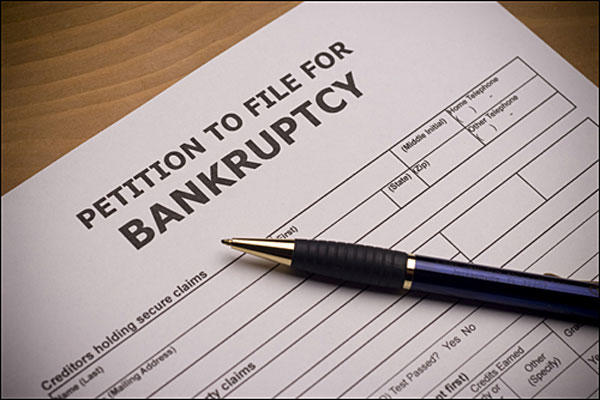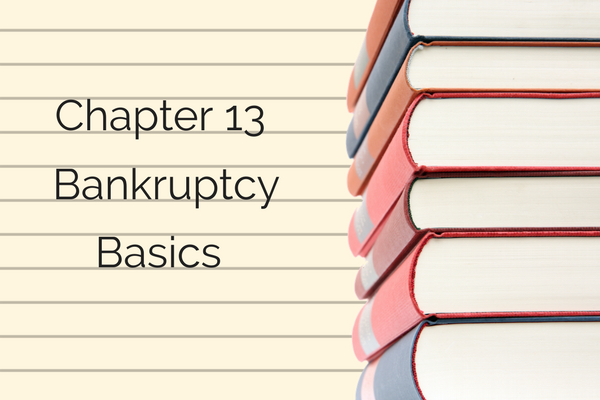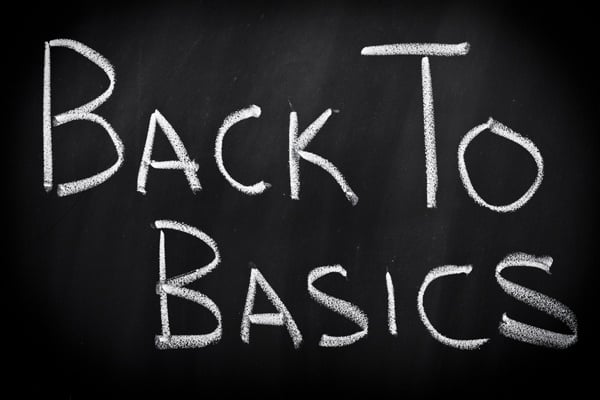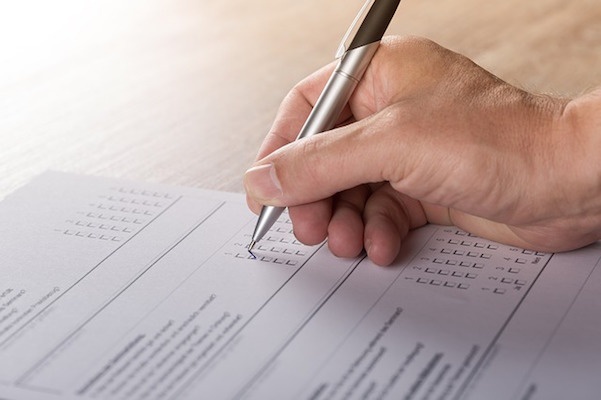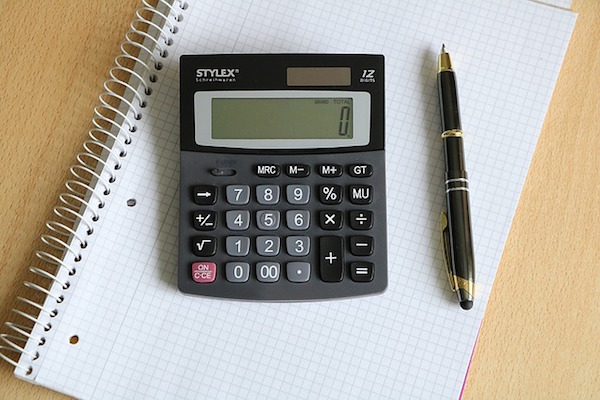Individuals who desire to reorganize their debts under Chapter 13 of the United States Bankruptcy Code must file a proposed Chapter 13 repayment plan. As part of the Chapter 13 repayment plan, you will propose to the court and your creditors how you intend to repay your debts (often times unsecured debts only get paid pennies on the dollar-and the balance owed gets discharge, i.e. wiped out, tax free). In order to be eligible to file a Chapter 13 case, you must have a regular source of monthly income, such as wages from employment or income from self-employment, social security, pension or other reliable source that can be verified by the court. Some debtors may be able to demonstrate regular assistance from family members to satisfy the income requirements to file for Chapter 13 relief.

Tips for Designing a Successful Chapter 13 Repayment Plan
Individuals who desire to reorganize their debts under Chapter 13 of the United States Bankruptcy...




